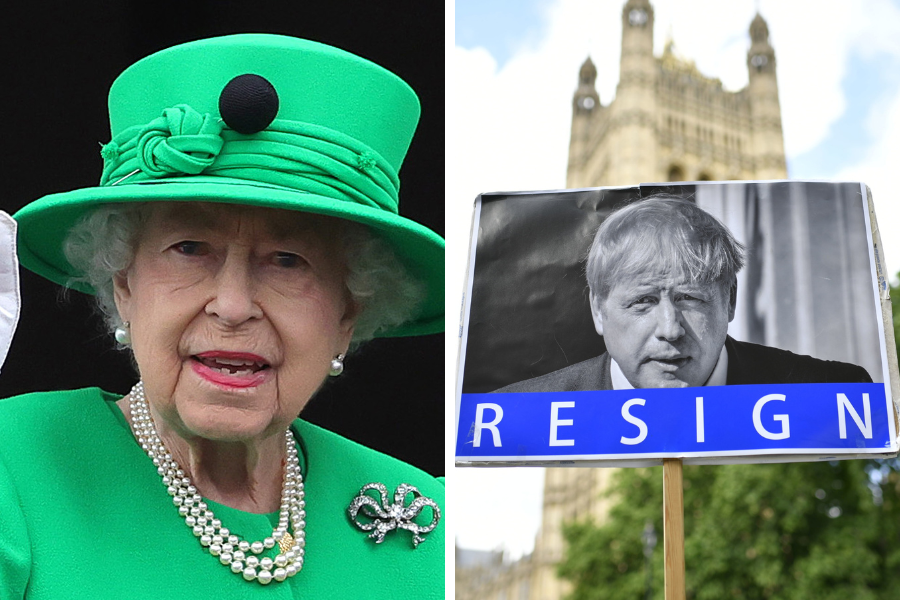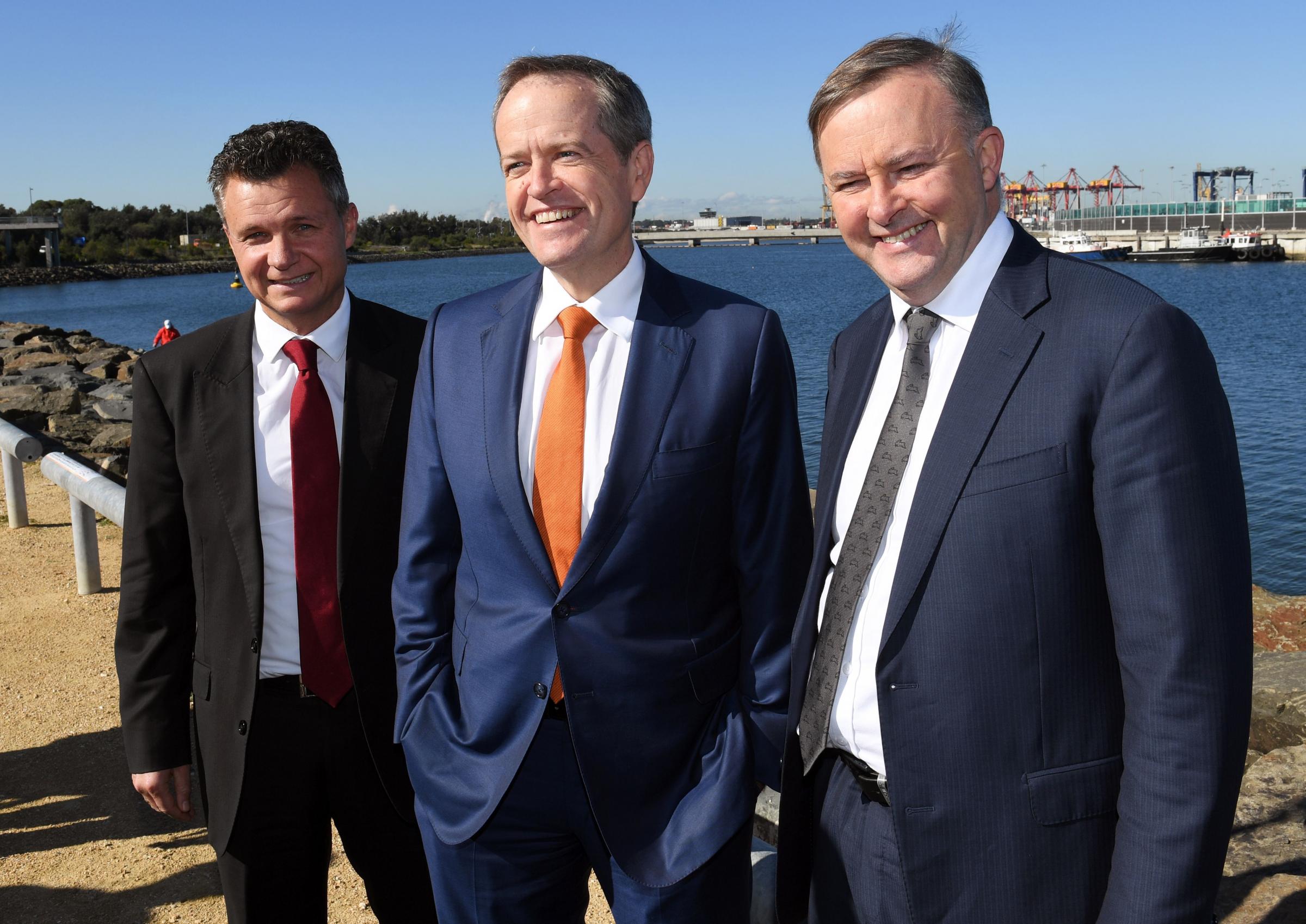
THE chaos surrounding Boris Johnson’s ailing administration is showing the world that constitutional monarchies do not necessarily have stable governments, Australia’s Minister for the Republic has told The National.
Matt Thistlethwaite, who was handed the republican brief in the newly elected Labor government in Canberra, spoke to this paper in the wake of the Queen’s Platinum Jubilee.
The MP said that Australia would move through the process of removing the monarchy “slowly, progressively, and methodically”, adding that it would “certainly not” happen in this three-year parliamentary term.
Thistlethwaite said his role would, at first, primarily involve an education campaign with the Australian people.
“Many of them don’t know that the Queen is our head of state,” he said.
“She is on our money, but this issue hasn’t really been on the agenda in Australia for close to thirty years. There’s a whole generation of Australians who don’t understand our constitution.”
The nation held a referendum on keeping the monarchy in 1999, and saw around 55% vote to keep the Queen in place.
The Labor minister said that the “twilight” of the Queen’s reign was a good time for the discussion to be brought “back onto the agenda”.
He added: “For us, it’s about looking at our own future, determining our own destiny, and really recognising our confidence and maturity as a nation by saying: ‘we’re ready to have one of our own as our head of state.’”

Thistlethwaite faced claims of “disrespect” from some quarters after his appointment as Australia’s first Assistant Minister for the Republic saw him sworn in on June 1 – just one day before Jubilee celebrations officially began.
However, he insisted the timing was “purely coincidental” and not an attempt to make an international statement.
The Labor MP further said the political events in the UK had helped get him “off the hook”.
WATCH as Australian minister for the Republic Matt Thistlethwaite suggests the turmoil in Boris Johnson's government has done the republicans in Australia some favours by proving that constitutional monarchies aren't a strong and stable form of government pic.twitter.com/hK5NeWeGmm
— The National (@ScotNational) June 7, 2022
Thistlethwaite said: “I will say this, some of the monarchists in Australia have been saying that we shouldn’t become a republic because constitutional monarchies are much more stable forms of government and could be relied upon a lot more. Some have criticised me for this issue being raised during the Queen’s Jubilee and that being ‘disrespectful’.
“I think that the no-confidence motion in Boris Johnson has let me off the hook a little bit if you like, because that notion that constitutional monarchies provide more stability, that’s questionable in the light of what’s happened in the last couple of days.”
The minister, who will also hold veterans and defence briefs after Anthony Albanese became the new Australian premier, said that people want to see “stability and certainty” from their government.
“We wish the people in the United Kingdom all the best in getting to that point,” he added.
Johnson held on after a motion of no confidence in his leadership on Monday saw 41% of his party’s MPs vote against him remaining in office.
The Prime Minister has insisted the result was a decisive endorsement of his leadership, but First Minister Nicola Sturgeon said the UK had been left with a “lame duck” at its head.
Looking elsewhere around the globe, Thistlethwaite said the events in Barbados had provided a framework which Australia could look to if it does choose to get rid of the monarchy.
There are also comparisons to be drawn to Jamaica, where in January the government established a “Ministry of Legal and Constitutional Affairs” – which includes removing the monarchy in its remit.
Marlene Malahoo Forte, the QC and minister who heads up the new department, was expected to unveil the administration’s legislative plans to break with the British monarchy on Tuesday.
Thistlethwaite said that the issues in other nations were for them to deal with, but that they do provide an example of how “it can be done”.
The Labor MP went on: “I often look to the Irish model, where the Irish government managed to fashion a model where everyone has an input into the election of their president … and their head of state is revered.”
Asked if the end of the monarchy would also spell the end of the Union Jack appearing on Australia’s flag, Thistlethwaite said: “This isn’t about changing the flag, it’s not about changing the public holidays or anything like that. It really is simply about recognising our independence and maturity.”
You can watch the entire interview with Matt Thistlethwaite, Australia’s Assistant Minister for the Republic, below:







